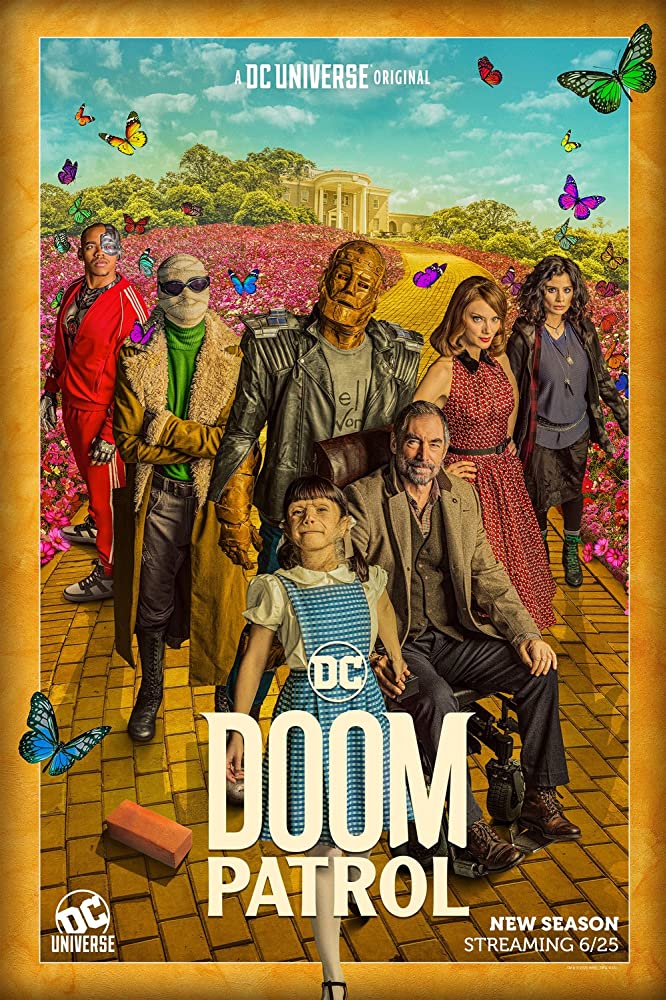Carson had been out of the public spotlight for quite a while after his retirement from the business back in 1992. Those who grew up in the post-Carson era may have been unaware of his impact, but anyone who watched television from the '60s through the '90s came of age with Carson as one of the primary Idiot Box icons.
Carson was born in Iowa and raised in Nebraska, a real heartland kind of guy, which may account for his near universal appeal. He started out in radio, but soon moved to television, where he hosted a series of talk shows and game shows. Eventually, he landed a gig writing for comedian Red Skelton's popular comedy/variety show. Carson's first big break came one night when Skelton injured his back and was unable to go on stage. Carson took over and the rest is history.
One of the most life-changing events in Carson's life came in 1959 when, on the daytime talk show “Who Do You Trust?,” he was paired with announcer/straight man Ed McMahon. The two formed a friendship that was among the longest lasting and most visible in show business. Carson's second life-changing event came in 1962 when Jack Parr retired as host of NBC's “Tonight Show.” A frequent guest host, Carson replaced his predecessor and went on to become the most successful man in late night television.
For 30 extremely successful years, Carson was the unchallenged king. He chatted with actors, politicians and ordinary people with equal ease and good humor. He won six Emmy Awards, a Peabody Award and a Presidential Medal of Freedom. He launched the careers of countless comedians–from Bill Cosby to Joan Rivers to David Letterman to Jerry Seinfeld. There was a time in America when getting on “The Tonight Show” was the surest sign that a comedian had arrived. Until you got booked across the desk from Carson, you were not a professional comedian. “Every solid comedian today really got their break on the Carson show,” Rivers recently told CNN.
Carson withdrew from the world of opening monologues and comedy skits in 1992, handed the show over to Jay Leno and all but disappeared from public view. He resisted many pleas to come back to show business, even refusing to appear on the “Tonight Show” 50th anniversary special. Carson said simply that fame and fortune had already graced him, and he had no need for any more of either. “I have an ego like anybody else,” admitted Carson to the Washington Post in 1993. “But I don't need to be stoked by going before the public all the time.”
For anyone above drinking age, Carson was nothing short of a landmark figure. His image flickered at the foot of countless beds. For generations, being able to extend your bedtime late enough to catch his opening monologue was the surest sign of dwindling childhood. To say he will be missed is beside the point. Television has been missing him for 13 years.



